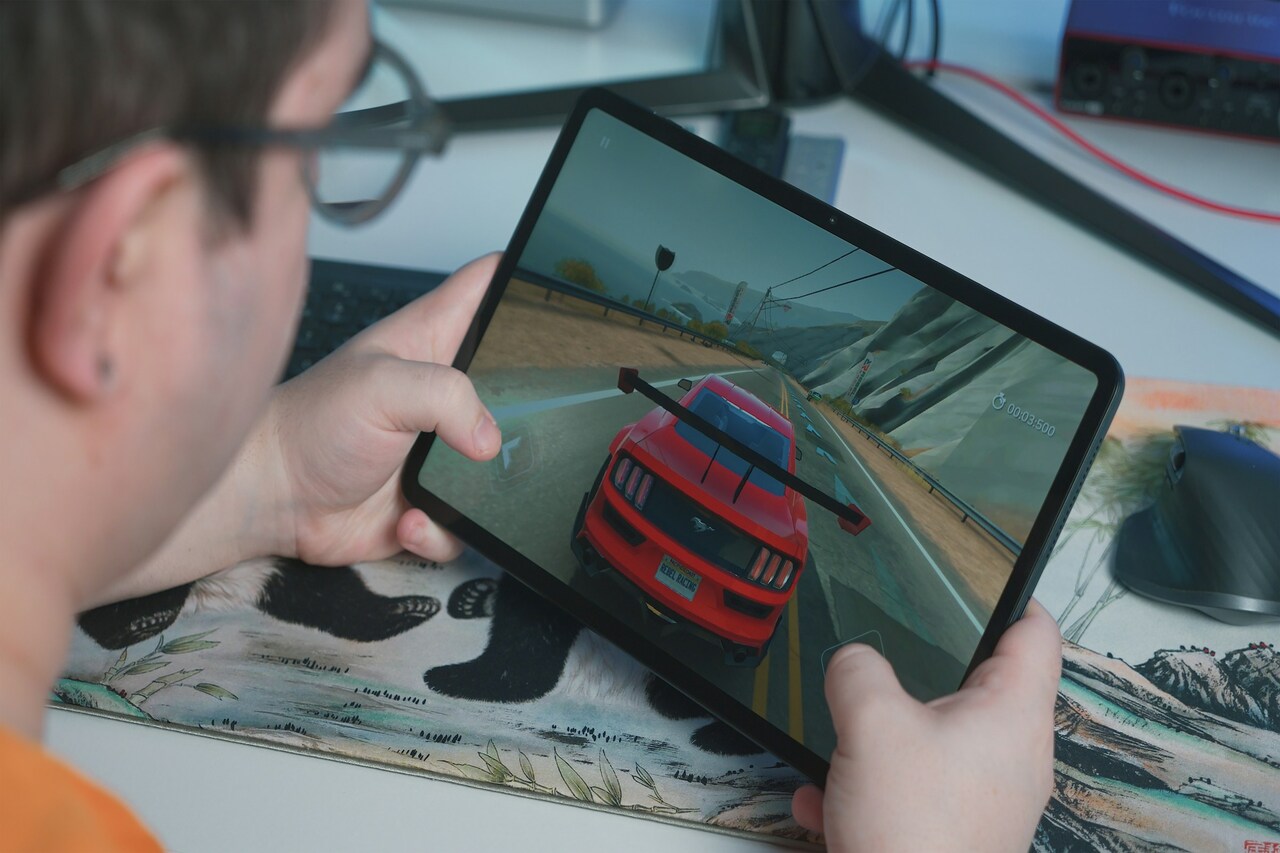Whether you’re focusing on career advancement or trying to learn more about yourself, you may come across the DISC test. The letters in the acronym stand for Dominance, Influence, Steadiness and Conscientiousness.
With this assessment, you’ll learn more about your behavior and how it differs from other people’s. Then, you’ll get details on how to work as a team. The results from a DISC test — sometimes called a DISC profile — could help you achieve a higher level of self-awareness, plus understand how to adapt your behavior around others.
Historical Facts About the Test
In a book he wrote in 1928, psychologist William Moulton Marston theorized how human emotions lead to behavioral differences in groups. He believed it was possible to identify four primary personality types, based on behavior: Dominance (D), Inducement (I), Submission (S), and Compliance (C). The DISC test came about when several other psychologists made assessments based on Marston’s theory.
However, the most recent tests are only loosely based on Marston’s work. In 1994, a test now known as the DiSC Classic became available. Primarily used for self-assessment purposes, it allowed self-scoring and self-evaluation. It’s been improved even more to result in the assessments people buy today.
Note the lowercase I in the name of that test. It’s there because the assessment and the report that comes from it are trademarked, although it was not possible to trademark the model itself.
Here are four things to know before taking this type of assessment.
Understand What It Could Tell You
This test measures your tendencies and preferences, collectively known as patterns of behavior. You may want to take it if you’re going for job interviews and want to showcase certain personality traits during those meetings.
You’ll answer questions about how you handle challenges and react to rules and procedures. The responses help create your profile. There are also questions that determine your preferred pace for activities.
The collective feedback from those could help you find out about your productivity personality. Do you prefer to multi-task or focus on one thing at a time?
Know What It Doesn’t Measure
Even though it may seem like you’re taking a personality test, this one doesn’t measure every aspect of your personality. Instead, it focuses on behavior.
It doesn’t have anything to do with your intelligence, values, aptitude or mental health, either. This test only helps you learn more about yourself and others based on the intricacies of human behaviors.
Learn How You May Benefit
Your employer may ask you to take this assessment, meaning your primary purpose for doing so is to meet their requirement. However, you’ll likely notice benefits even if you engage in the evaluation for self-growth purposes.
The benefits of taking this particular kind of assessment include being able to learn more about people who are not like you — such as colleagues with whom you never see eye to eye. Moreover, you could discover things about yourself that weren’t otherwise evident, such as why you suffer from imposter syndrome at work and how to dismiss the feelings of inadequacy it brings.
Is This Assessment Accurate?
Researching this assessment’s accuracy isn’t as easy as it might seem. For example, Everything DiSC, the Wiley brand that trademarked its test and results, says the most current version is 32 percent more accurate than DiSC Classic, but doesn’t mention the validity of the Classic option on the product comparison page.
And, there are dozens of other options available from other companies, all offering varying levels of quality. One provided by The Abelson Group says 75 percent of people polled who took the test said it was 95 to 100 percent accurate.
If you decide to pay for an assessment from any company, ask to see validity data first. Ideally, the respondents should mention their results are at least 90 percent accurate.
How Can You Take It?
You can either pay for an assessment or take one for free. If you’re not willing to part with your money yet, the Personality Tests website offers a complimentary version with 40 questions to rank on a five-point scale according to agreement or disagreement. Alternatively, 123 Tests provides another no-cost version that gives your results on a graph.
The previously mentioned Wiley brand provides various cost-based tests of this type, starting at $34.95. Other companies have paid options, too. Most give results online, but you can also get paper versions, which are generally less expensive than the electronic versions.
Learn More About Your Behavior Today
The insights you get from this assessment could lead to more self-exploration. They might also cause improved team dynamics, making the answers you get quite worthwhile.
Recent Stories
Follow Us On
Get the latest tech stories and news in seconds!
Sign up for our newsletter below to receive updates about technology trends














